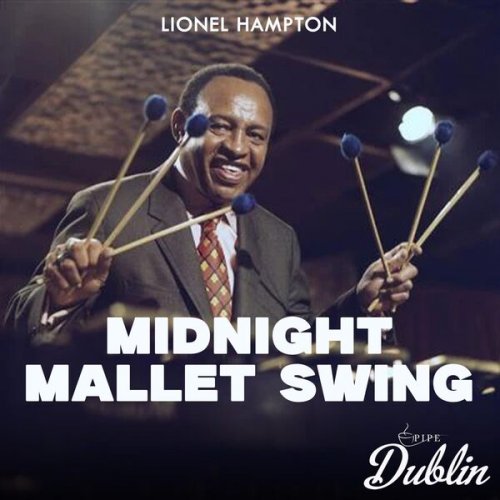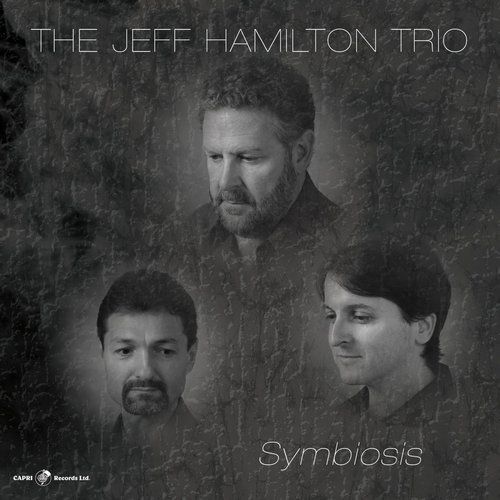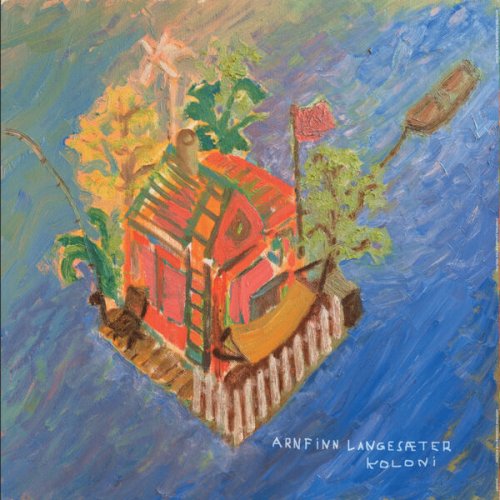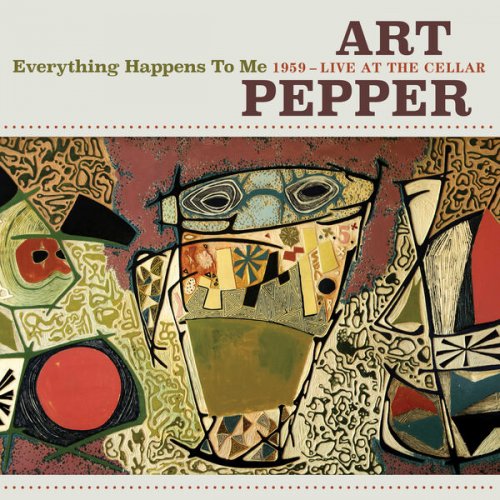Aoife O'Donovan - Aoife plays Nebraska (2021) Hi-Res
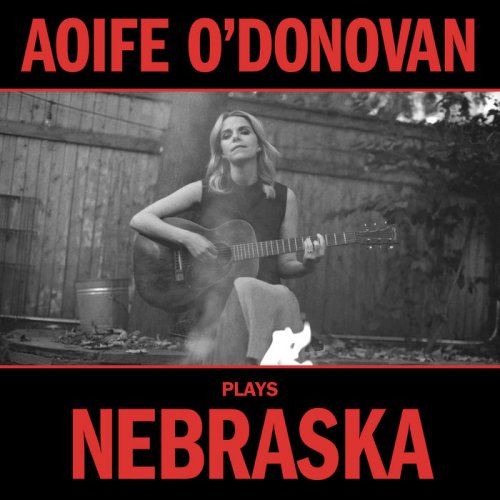
Artist: Aoife O'Donovan
Title: Aoife plays Nebraska
Year Of Release: 2021
Label: Yep Roc Records
Genre: Acoustic, Folk, Indie Folk, Singer-Songwriter
Quality: 320 / FLAC (tracks) / FLAC (tracks) 24bit-48kHz
Total Time: 38:47
Total Size: 91 / 139 / 346 Mb
WebSite: Album Preview
Tracklist: Title: Aoife plays Nebraska
Year Of Release: 2021
Label: Yep Roc Records
Genre: Acoustic, Folk, Indie Folk, Singer-Songwriter
Quality: 320 / FLAC (tracks) / FLAC (tracks) 24bit-48kHz
Total Time: 38:47
Total Size: 91 / 139 / 346 Mb
WebSite: Album Preview
01. Nebraska (4:03)
02. Atlantic City (3:39)
03. Mansion On the Hill (2:54)
04. Johnny 99 (3:03)
05. Highway Patrolman (5:19)
06. State Trooper (4:28)
07. Used Cars (3:14)
08. Open All Night (3:30)
09. My Father's House (4:25)
10. Reason to Believe (4:07)
“I first heard Nebraska as a young child in the early 1990s when I was just old enough to start having my own opinions about music,” Aoife O’Donovan reminisces. “I remember that my first response was being freaked out because it was like nothing I had ever heard before.”
In the ensuing decades, the Grammy-winning singer-songwriter has formed an ever-evolving relationship with Bruce Springsteen’s enigmatic demos-turned-album from 1982, frequently returning to its haunting, character-driven songscapes as both a listener and a performer. Her most recent encounter with it — a May 2020 pandemic-era livestream in which she performed the record in its entirety — continues to yield creative dividends, including an upcoming vinyl release (Aoife O’Donovan Plays Nebraska, out March 24 on Yep Roc Records) and accompanying US tour that starts this week and runs through April 16.
O’Donovan’s inaugural trip through Springsteen’s sparsely scored tour of the lower-lit corners of America’s heartland came at a time when she was getting a daily musical education in the passenger seat of her father’s car. “I got exposed to so much music when my dad was driving me to elementary school,” recalls O’Donovan. “I was really loving and internalizing a lot of it: Kate and Anna McGarrigle, Suzanne Vega, Sheryl Crow’s Tuesday Night Music Club album. But the morning he put on Nebraska, I specifically remember the song ‘State Trooper’ feeling so spooky and having such a bizarre vibe.”
Within Springsteen’s catalog, the almost exclusively acoustic starkness of Nebraska holds a uniquely mystical and mystifying space between the chart-topping, arena rock of 1980’s The River and the stadium-filling, global icon-creating smash of 1984’s Born in the U.S.A. While Rolling Stone’s initial 4.5-star review of the album hailed it as “an acoustic triumph,” they also set listener expectations accordingly by framing it as “a violent, acid-etched portrait of a wounded America that fuels its machinery by consuming its people’s dreams” and positioned it as “an intensely personal project that could easily alienate radio.” In stark contrast to the massive promotional campaigns that accompanied Nebraska’s preceding and follow-up albums (both Billboard No. 1s), there were no singles from Nebraska released in the US (though “Atlantic City” and “Open All Night” got international releases), only one music video was released to MTV (a moody, black-and-white collage-style treatment for “Atlantic City” that featured no shots of Springsteen), and he famously did not tour behind the release.
In the ensuing decades, the Grammy-winning singer-songwriter has formed an ever-evolving relationship with Bruce Springsteen’s enigmatic demos-turned-album from 1982, frequently returning to its haunting, character-driven songscapes as both a listener and a performer. Her most recent encounter with it — a May 2020 pandemic-era livestream in which she performed the record in its entirety — continues to yield creative dividends, including an upcoming vinyl release (Aoife O’Donovan Plays Nebraska, out March 24 on Yep Roc Records) and accompanying US tour that starts this week and runs through April 16.
O’Donovan’s inaugural trip through Springsteen’s sparsely scored tour of the lower-lit corners of America’s heartland came at a time when she was getting a daily musical education in the passenger seat of her father’s car. “I got exposed to so much music when my dad was driving me to elementary school,” recalls O’Donovan. “I was really loving and internalizing a lot of it: Kate and Anna McGarrigle, Suzanne Vega, Sheryl Crow’s Tuesday Night Music Club album. But the morning he put on Nebraska, I specifically remember the song ‘State Trooper’ feeling so spooky and having such a bizarre vibe.”
Within Springsteen’s catalog, the almost exclusively acoustic starkness of Nebraska holds a uniquely mystical and mystifying space between the chart-topping, arena rock of 1980’s The River and the stadium-filling, global icon-creating smash of 1984’s Born in the U.S.A. While Rolling Stone’s initial 4.5-star review of the album hailed it as “an acoustic triumph,” they also set listener expectations accordingly by framing it as “a violent, acid-etched portrait of a wounded America that fuels its machinery by consuming its people’s dreams” and positioned it as “an intensely personal project that could easily alienate radio.” In stark contrast to the massive promotional campaigns that accompanied Nebraska’s preceding and follow-up albums (both Billboard No. 1s), there were no singles from Nebraska released in the US (though “Atlantic City” and “Open All Night” got international releases), only one music video was released to MTV (a moody, black-and-white collage-style treatment for “Atlantic City” that featured no shots of Springsteen), and he famously did not tour behind the release.
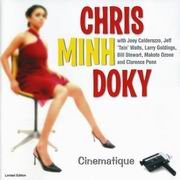
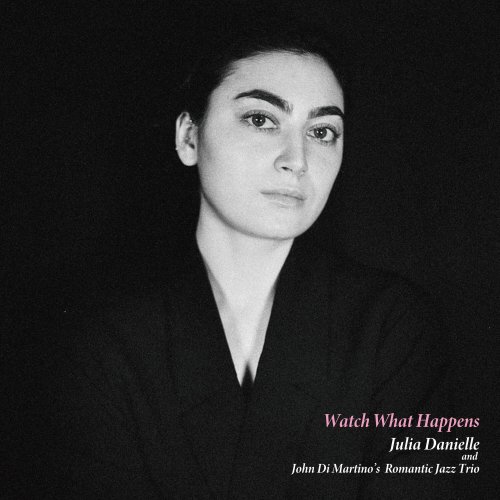
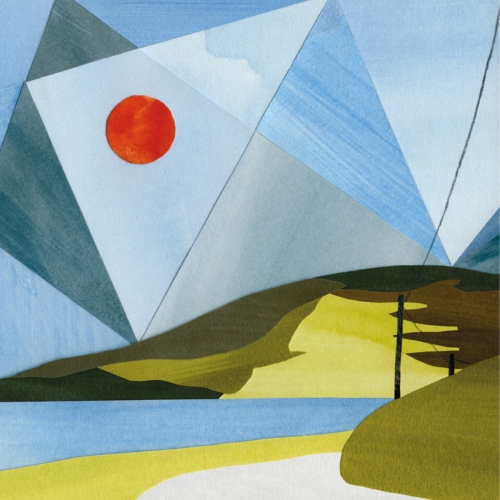
![Igor Senderov - Verso la luce (2026) [Hi-Res] Igor Senderov - Verso la luce (2026) [Hi-Res]](https://img.israbox.com/img/2026-02/15/7c9jtbvl2o5b7e8imwebziodn.jpg)
